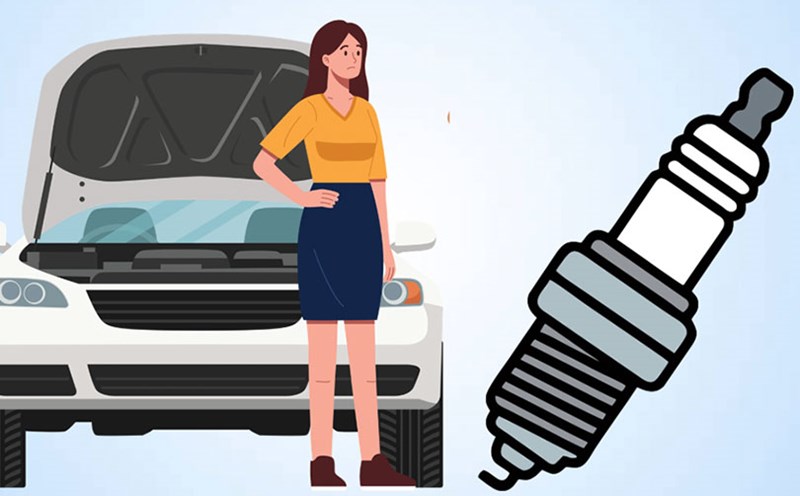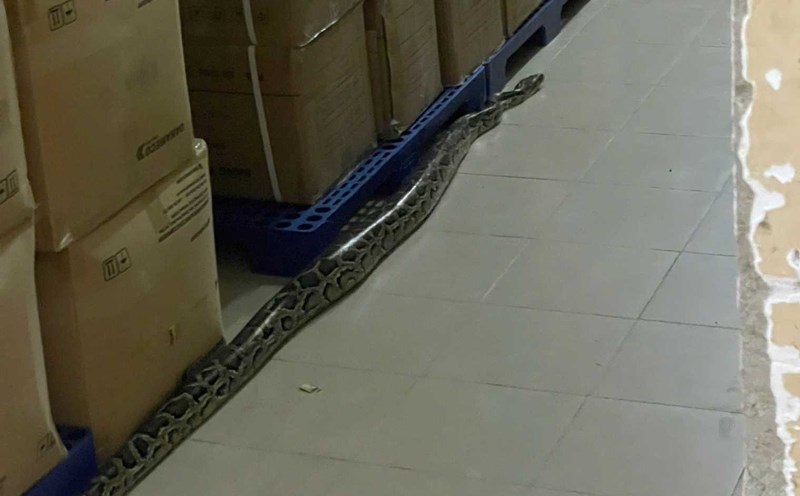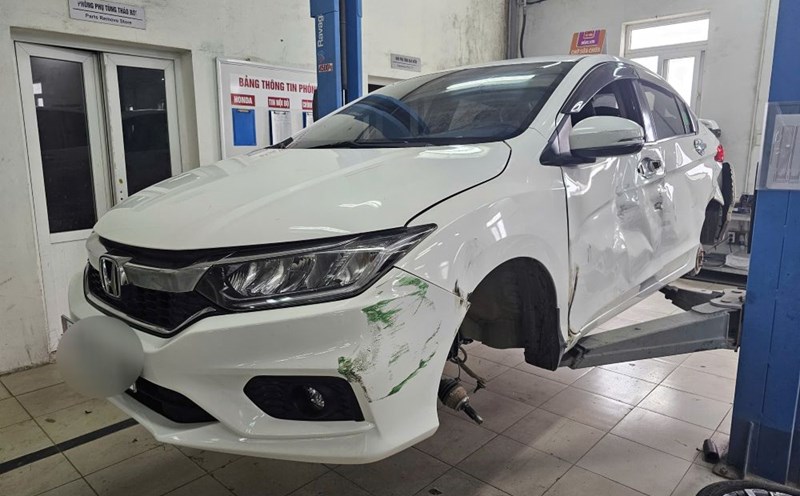Car exhaust air intakes that make unusually loud complaints not only cause discomfort to the driver but can also be a sign of serious problems in the exhaust system. If not handled promptly, this situation will directly affect the performance, safety and longevity of the vehicle. Let's learn about the causes of noise from the soap ong and how to fix it effectively.
Common causes of loud car exhaust pipes
Noise from the exhaust system can arise in many different locations on the vehicle, each location is related to specific damage:
Front area
Weakened or damaged exhaust gasoline: The exhaust gasoline has the role of sealing the connection between the engine and the exhaust gas. If damaged, the exhaust gas will leak out, causing noise.
Loose exhaust: When the exhaust is not tightened, the exhaust gas leaks into the gaps, creating unpleasant complaints.
Cracked exhaust pipes: Small cracks can also make the sound loud and clearer when the vehicle is in operation.
Underground area
Per yearly exhaust pipes: For a long time, the exhaust pipes may rust or collide, causing aapering, causing the exhaust to escape uncontrollably.
Leakage at the connection to the catalytic switch: If this location is not closed, the leak will be quite clear, especially when the vehicle accelerates.
Damaged catalytic connector: In serious cases, it can cause loud noises, vibrations and reduce the efficiency of emission treatment.
The rear area
Leaked or punctured sound reducer: This is the last sound reducer in the system, if damaged, the sound will ring, ring and be easy to recognize.
How to handle noise from car exhaust pipes
When detecting unusual noise from the exhaust, determining the correct cause will help you come up with the right treatment. Depending on the extent of the damage, you can check some basic details at home or bring the vehicle to a professional repair facility.
If the noise comes from simple problems such as loose bulbs or dirt accumulated in the exhaust, you can check and handle it yourself with basic tools or with the support of a technician.
In case of noise caused by leakage, cracking or serious damage to parts such as gasoline, sound reducer or catalytic connector, you should bring the vehicle to a reputable garage for careful inspection and appropriate repair or replacement plans.
Notes when repairing the exhaust system
Do not repair it yourself if you do not have enough knowledge and experience, because the exhaust system directly affects the performance and safety of the vehicle.
Regularly check periodically to promptly detect abnormalities and avoid serious damage later.
Choose a reputable repair address, use quality equipment and components to ensure long-term performance for the vehicle.
Early handling of noise from the exhaust pipe not only helps the vehicle operate smoothly but also contributes to environmental protection and saving repair costs in the long term.











